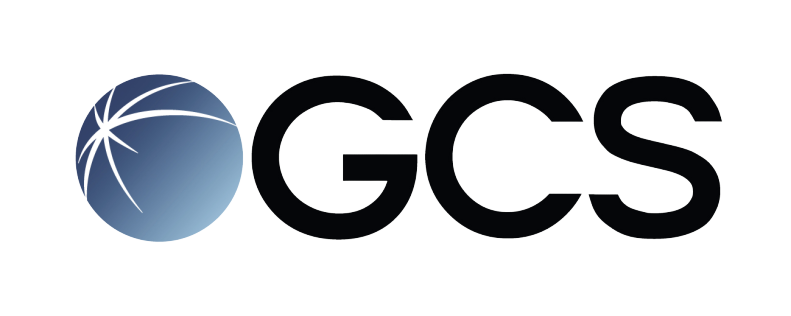In a commoditized market, is there an opportunity for differentiation?
Ahhh, differentiation. An often elusive component in a commoditized marketplace. Commodities, by definition, are unspecialized products that are produced in volume. Well, voice calling certainly fits that category, right? As a subscriber, do I really notice a difference between the call I make across Verizon as opposed to AT&T? Or Comcast vs. Charter? Or iBasis vs. Orange? Does that difference cause me to choose one over the other?
The reality is, despite carriers best efforts, there is little differentiation that they can deliver to the user. And differentiation, particularly sustainable differentiation is so desirable. You hear Warren Buffet, “The Oracle of Omaha” claim that these differentiations are like moats around a castle that make it very hard for competitors to defeat. He recently cited Snickers candy as having their brand as a competitive differentiator or moat that barring some calamity makes it hard for them to be defeated. Take Apple for example - the Apple ecosystem is a differentiator that is sustainable.
All companies want differentiation.
According to the famed business teaching guru, Michael Porter, sustainable competitive advantage is the key pursuit of business. In the world of interconnect voice, this seems even harder to achieve. But, that’s actually not true.
Competitive differentiation can be achieved in a variety of areas, in particular, the interconnect voice back-office management.
Over the past decade, as the interconnect voice marketplace has continued its seemingly inevitable death march towards $0.00 per call revenues, a surprising reality has unfolded. The companies that have made the investments in their back-office management systems have actually had their revenues and margins stabilize or even rise! Additionally, these forward thinking companies have also seen that the next generation of interconnect voice management platforms help them reduce termination costs and overhead needed to manage their entire interconnect voice operation.
So, differentiation isn’t necessary in the network or the quality of voice delivered, it's in how the business is run on a day-by-day, call-by-call basis. The key to this differentiation is the interconnect voice management platform. It’s the CPU/Brains of the entire operation.
Think about it, in a high volume, dynamic, real-time marketplace, human beings simply can’t process all the data fast enough. The data is simply too voluminous and changes too rapidly for a human to process it. Ever hear of the electronic trading platforms that are used to trade stocks? Well, interconnect voice is heading there, and similarly, AI (Artificial Intelligence) will help carriers get there.
Why do we use sales people to buy and sell this commodity? Wouldn’t it be better to have intelligent algorithms deployed in the OSS & BSS tool that would be invoked based on market and business conditions? For example, when there is too much traffic, the system can start raising rates and prioritize terminators based on highest margin and highest call completion. Compare yields across suppliers. Track Credit and financial risks. The list goes on and on.
In 2018, it is an indisputable fact that the only way you can differentiate yourself in your interconnect voice management platform is to embrace the technological advances in AI and Next Gen technologies and automate your way to differentiation and competitive advantages.
That’s how you win in 2018 and beyond.

